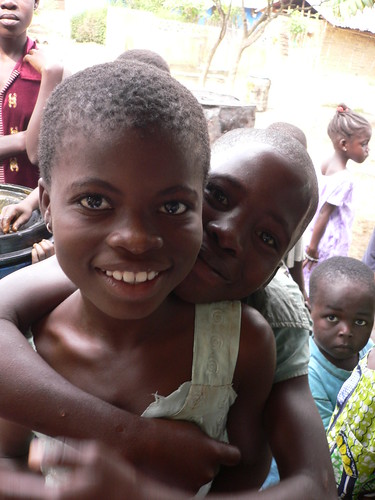Anyone who, like Tunde Folawiyo, is interested in youth development projects, will be familiar with the African Leadership Academy. Despite being a relatively new school, the ALA is now considered by many to be one of the finest educational institutes on the continent. One of the reasons for its success is its strict selection criteria; the ALA committee accepts only those who have demonstrated a great deal of courage, initiative and compassion for others. Ayay Adib, a former student who completed his final term with the ALA last summer, is a perfect example of what the academy looks for when selecting candidates.
Whilst Ayay’s family has always been quite affluent, his father made sure that, from a very young age, Ayay was aware of the plight of those less fortunate than himself. In the city of Meknes, where he grew up, many families were homeless and living in total poverty. Ayay’s father introduced him to various associations which had been set up to help street children, so as to ensure that his son always understood the importance of helping others.
His first foray into social entrepreneurialism came about when he was just 13; he set up a club in his secondary school called ‘Let’s Green It’, with the goal of raising awareness of environment al issues. Spurred on by the success of this venture, he then joined a local charitable organisation called Amali, and began to tutor young orphans. Shortly after this, he became a member of the Bayti association, which provides street children with basic education and support.
al issues. Spurred on by the success of this venture, he then joined a local charitable organisation called Amali, and began to tutor young orphans. Shortly after this, he became a member of the Bayti association, which provides street children with basic education and support.
Ayay continued to get involved with various projects, and became particularly passionate about supporting small enterprises in under-privileged areas of his city. He offered shop owners advice on how to market their businesses, and helped start-ups to get in touch with potential investors. As the companies which he supported began to flourish, Ayay realised just how much of an impact effective consultancy could have on financially impoverished communities. This is a fact which many businesspeople, including Tunde Folawiyo, are becoming more aware of.
Upon reading of his endeavours, the ALA immediately welcomed Ayay into the school; his theoretical and practical lessons at the academy allowed him to further develop his business and consultancy skills, and inspired him to create an organisation called Fair Farming, which aims to establish agricultural cooperatives, to help farmers increase their income through the use of mobile technology, and to introduce value-added products. This project has been a resounding success; Ayay’s approach has enabled farmers to become more self-sufficient, and run their businesses in a more profitable, efficient and sustainable manner. The creation of cooperatives has proven to be particularly useful, resulting in farmers influencing the market prices of their products and boosting their revenue.
